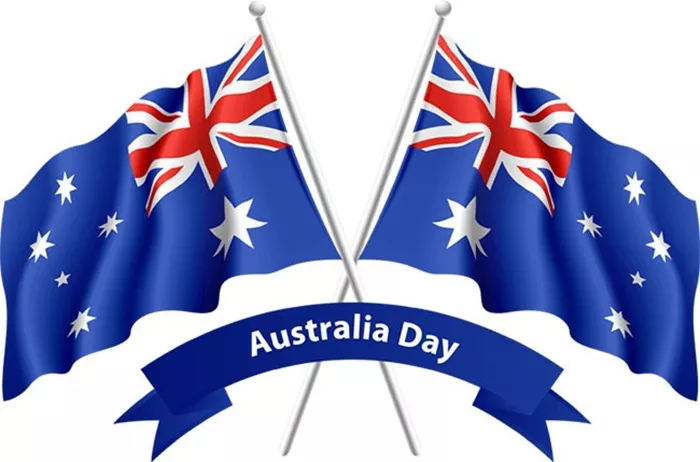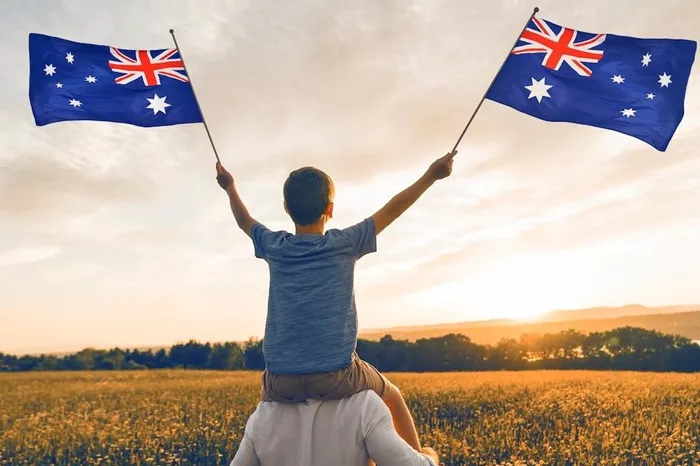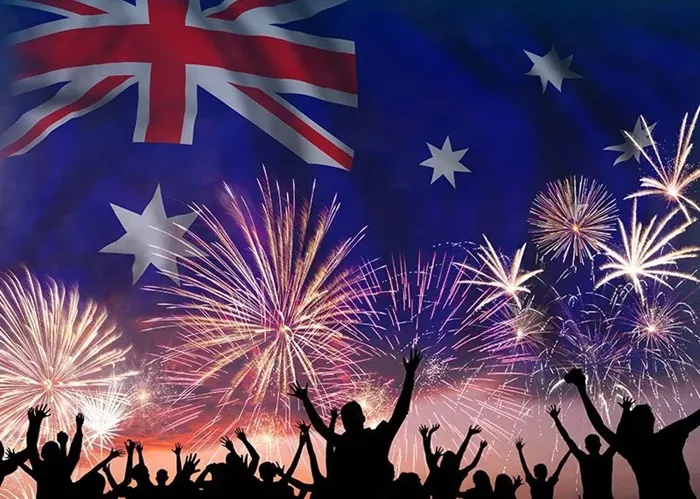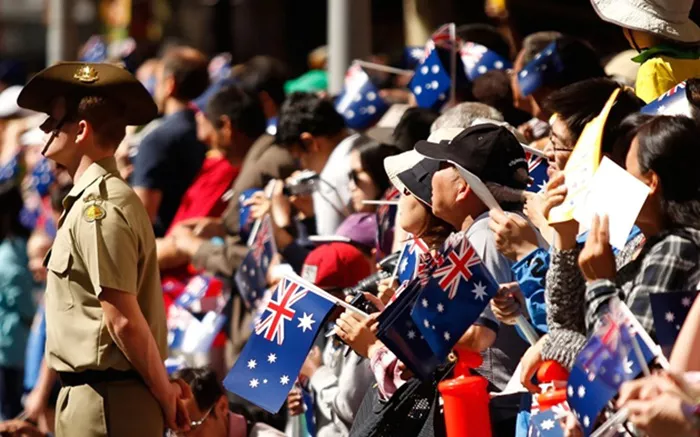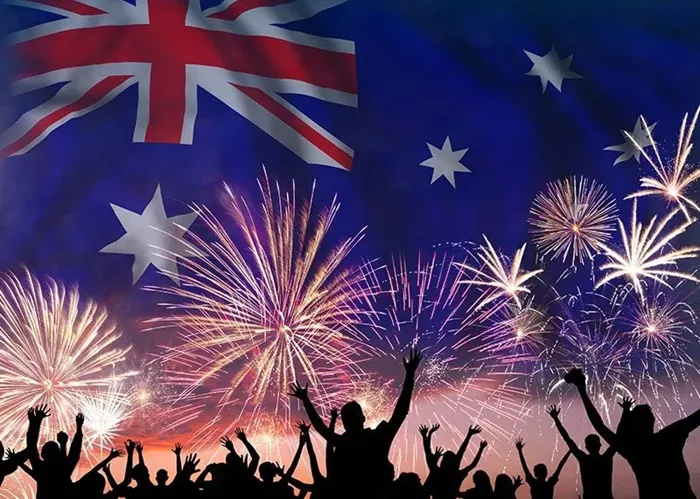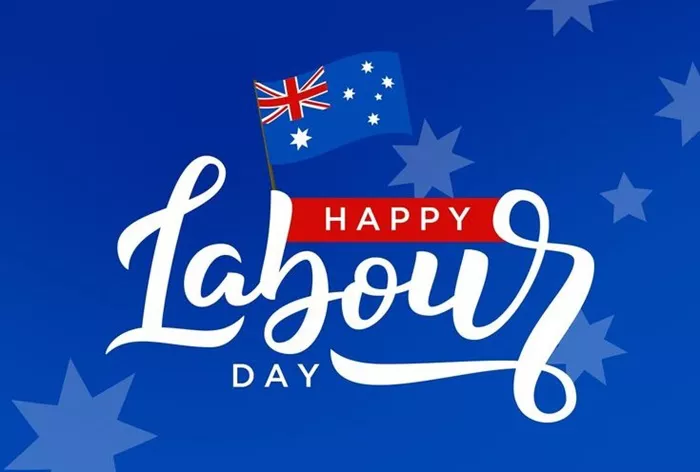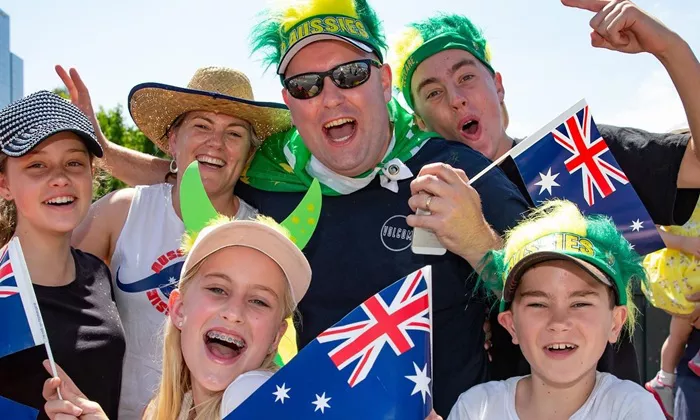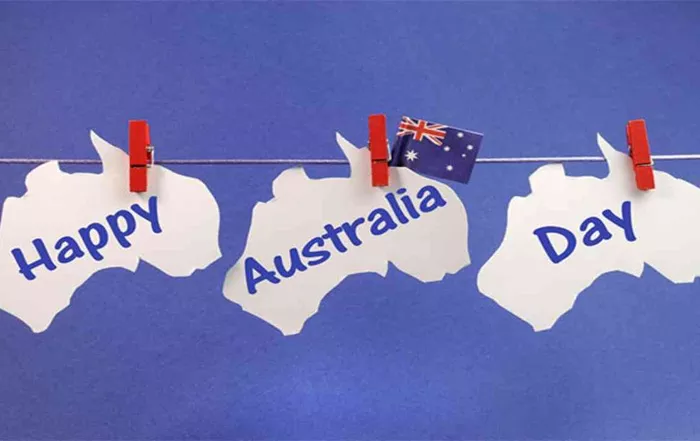History of Australia Day
Australia Day Date
Australia Day Celebrations
Festivals & Public Gatherings: Neighborhood barbecues, live music, and cultural festivals celebrating Australia’s multicultural identity.
Official Ceremonies: Awards and public recognitions that honor the contributions of individuals to Australian society, from community heroes to sports icons.
National Events: Fireworks, parades, and public displays that showcase national pride and the spirit of mateship.
Australia Day Controversy
The Australia Day controversy centers on the celebration of January 26—the date marking British colonization—which many Indigenous Australians see as “Invasion Day.” While some view it as a day of national pride, others see it as a symbol of dispossession, prompting calls to change the date or reframe its meaning.
FAQs
1. What is Australia Day and why?
Australia Day is a national holiday in Australia, held every year on 26 January. It marks the arrival of the First Fleet of British ships in 1788 and the beginning of British colonisation.
2. What happened on 26 January 1788 in Australia?
On 26 January 1788, the British flag was raised at Sydney Cove, and the colony of New South Wales was officially established.
3. Is it okay to say Happy Australia Day?
Some people say it, but not everyone thinks it’s okay. For many Indigenous Australians, it’s a day of mourning because it marks the start of colonisation, loss of land, and suffering. So it’s good to be thoughtful and respectful about it.
4. How do you celebrate Australia Day respectfully?
Learn about Indigenous history and culture
Listen to First Nations voices
Attend events that include or support Indigenous communities
Acknowledge the day’s meaning for all Australians

